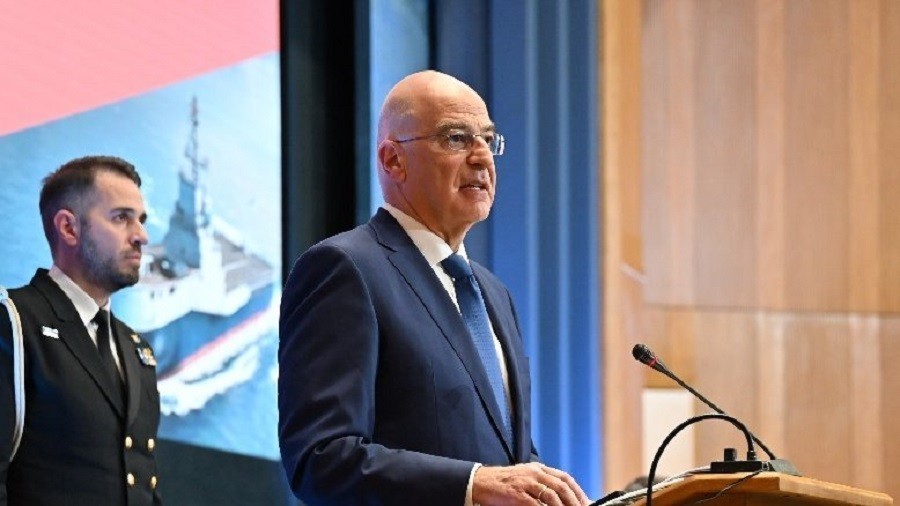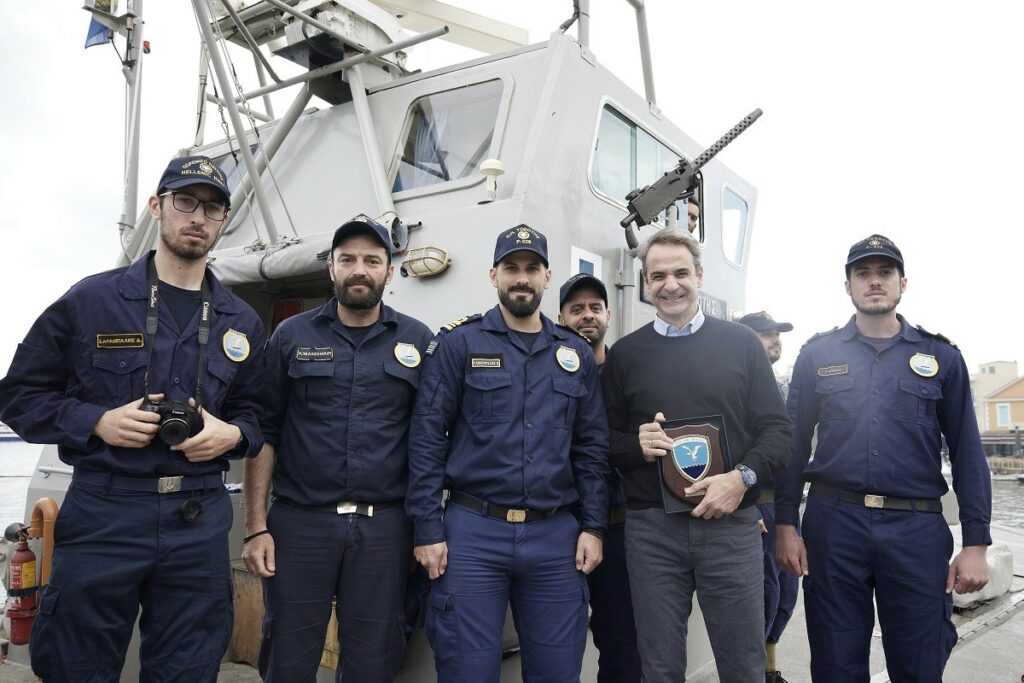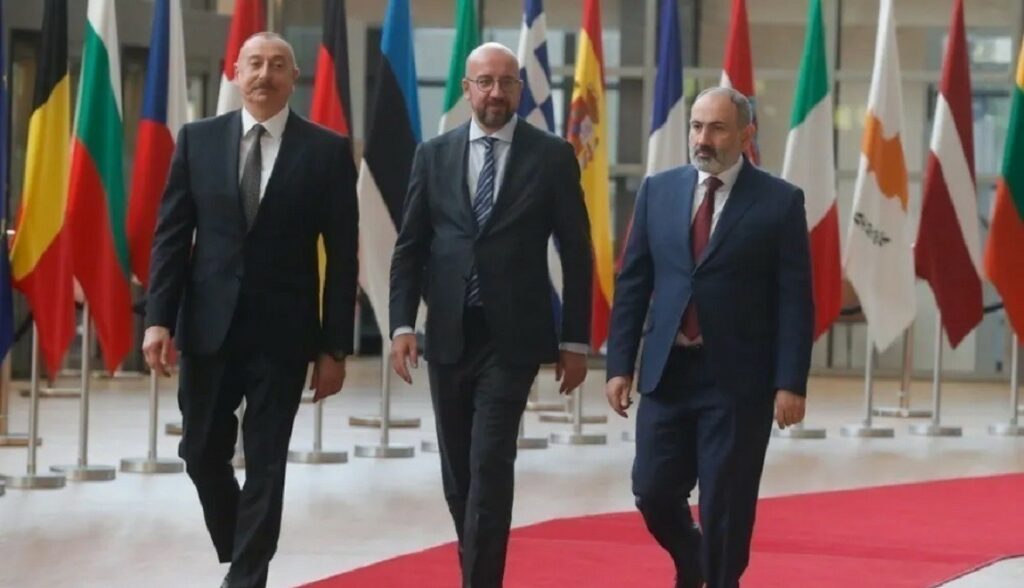
Kotzias: The government judges Erdogan visit a success based on the ‘facts’
The foreign ministry considers Turkish President Recep Tayyip Erdogan’s recent visit to Greece to be successful based on an assessment of the “actual facts,” Foreign Minister Nikos Kotzias said on Wednesday. The minister was replying to questions during a joint press conference with his visiting Armenian counterpart Edward Nalbandian in Athens.
“It was successful because we spoke openly and candidly, both the president of the country and the prime minister,” Kotzias said, expressing the opinion that Erdogan better understood Greek positions as a result and “to a significant degree appeared to take them into account.”
Commenting on the Greek opposition’s unfavourable assessment of the visit, Kotzias accused the opposition parties of rushing to label the visit a failure before it had even started.
“In our view it succeeded. They evaluated the visit before it happened and we evaluated the actual facts,” he said.
According to the minister, Erdogan’s visit stuck closer to the agreed itinerary and compared favourably to a visit he had carried out in 2004, when he had given four additional speeches in Thrace that had not been agreed upon and extended his stay by four hours longer than planned by visiting Muslim regions and villages “on an impulse”.
It was also a success because it helped to “unfreeze” channels of communication and discussion between the two countries that were needed following the attempted coup in Turkey, Kotzias noted, opening the way for meetings such as an upcoming visit to Turkey by Migration Policy Minister Yiannis Mouzalas and an inter-governmental meeting in February.
Questioned about statements made by Turkish Prime Minister Binali Yildirim in the Turkish Parliament about the supposed “occupation” by Greece of 16 Aegean islands, Kotzias suggested that the Turkish premier’s statements were not as they were presented but a reply to claims made by the Kemal-supporting opposition.
The islands in question have belonged to the Greek state since the 20th century on the basis of international laws, he pointed out, while the problem was not the Turkish premier’s statements “but the deeply mistaken view that the Turkish opposition has put on the Turkish Parliament’s agenda.”
Kotzias, Nalbandian signed MoU on political consultations mechanism in Athens
Earlier on Wednesday, Kotzias received his Armenian counterpart for talks that followed up on the Greek minister’s visit to Yerevan in March. Nalbandian was on an official visit to Greece.
After their meeting, the two ministers signed a Memorandum of Understanding on the establishment of a mechanism for political consultations and held a joint press conference, where they said that the pace for developing relations between the two countries was quickening.
“The relations of Greeks and Armenians are relations of friendship, respect and shared pain. We have recognised, since 1996, the genocide at the expense of the friend nation of Armenia,” Kotzias pointed out, while Nalbandian referred to warm relations dating back centuries “with mutual support and solidarity.”
Kotzias said the visit helped the two sides further cement bilateral cooperation, culminating in the agreement for a new trilateral meeting between Greece, Cyprus and Armenia to be held over two days, with Iran invited to attend on the second day.
Their talks had also emphasised Greece’s support for Armenia in the European Union, on issues such as visas for Armenians, and Greece’s support of the Minsk process, in line with the principles set out by the EU, US and Russian leadership, he added.
Kotzias also announced plans for an exchange of visits between the two countries in 2018 and the joint organisation of a business forum focusing on cutting-edge technology, energy, health and tourism.
Nalbandian stressed the importance of expanding both political dialogue and partnership relations in defence, education, science, technology, tourism, culture and bilateral economic relations. “The possibility for Greek companies to participate in the Armenian Free Trade zone is very significant, as are the prospects for cooperation with Greece in the framework of economic union,” he said.
The Armenian minister also welcomed Greece “balanced” position on the issue of Nagorno-Karabakh and the efforts of the Minsk group.
ANA-MPA

